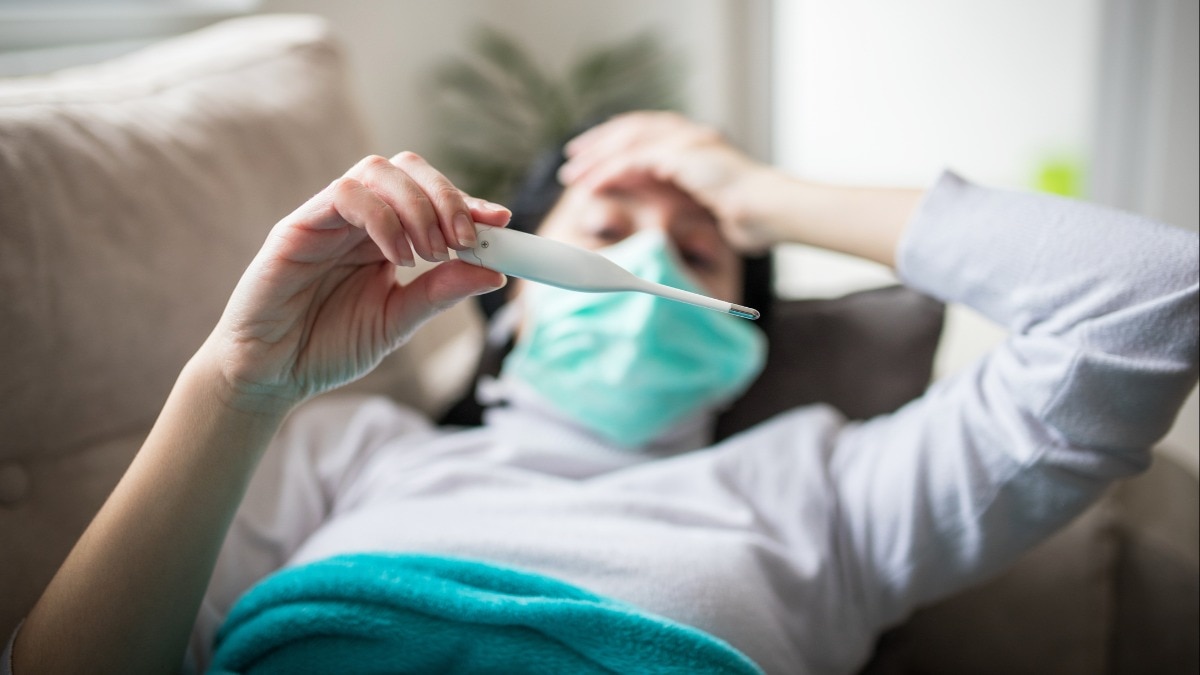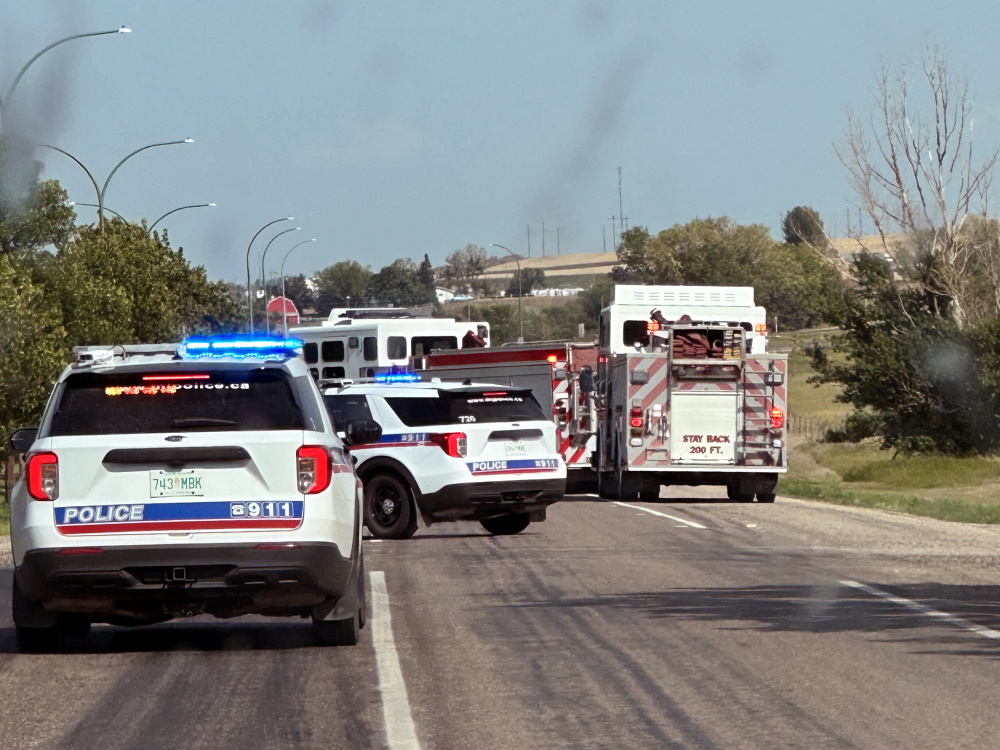India Faces Rapid Spread Of COVID-19 JN.1 Variant: Key Symptoms And Prevention

Table of Contents
Understanding the COVID-19 JN.1 Variant in India
The COVID-19 JN.1 variant, a sub-lineage of Omicron, emerged as a concern due to its rapid transmission rate in several parts of India. While its exact origins are still under investigation, its emergence highlights the ongoing evolution of the virus. The JN.1 variant possesses specific mutations that may influence its transmissibility, immune escape capabilities, and disease severity. However, more research is needed to fully understand these implications. Compared to earlier variants like Delta, JN.1 might exhibit different patterns of spread and severity, requiring a tailored approach to prevention.
- Geographic Spread within India: Reports indicate a significant presence of the JN.1 variant in [Insert specific regions in India if available. Cite sources.]. Monitoring its spread across various states is crucial for effective public health interventions.
- Mutation Details and Potential Implications: The specific mutations in the JN.1 variant [Insert details about the mutations if available and their potential effect on transmissibility, severity, or vaccine efficacy. Cite sources.].
- Comparison with Other Circulating Variants: While Omicron subvariants remain dominant, JN.1's characteristics warrant close observation to assess its potential to outcompete other circulating variants in India.
Key Symptoms of COVID-19 JN.1 Infection
While symptoms of COVID-19 JN.1 infection largely overlap with other Omicron subvariants, recognizing them early is critical for timely intervention. The severity of symptoms can range from mild to severe, depending on individual factors such as age, underlying health conditions, and vaccination status.
- Common Symptoms: Fever, cough, fatigue, headache, sore throat, and runny nose are commonly reported.
- Less Common Symptoms: Loss of taste or smell (anosmia/ageusia), skin rashes, gastrointestinal issues (nausea, vomiting, diarrhea), and conjunctivitis (pink eye) have also been observed.
- Severe Symptoms Requiring Immediate Medical Attention: Difficulty breathing, persistent chest pain or pressure, confusion, inability to wake up, bluish lips or face, and severe or worsening symptoms warrant immediate medical attention.
- Symptoms Specific to JN.1 Variant: Currently, there's no definitive evidence suggesting unique symptoms specifically associated with the JN.1 variant. However, ongoing research may reveal specific clinical presentations.
Effective Prevention Strategies Against COVID-19 JN.1 in India
Prevention remains our strongest weapon against the spread of COVID-19 JN.1. Vaccination continues to be the most effective way to reduce severe illness, hospitalization, and death. Alongside vaccination, non-pharmaceutical interventions (NPIs) are vital.
- Vaccination Schedule and Booster Dose Recommendations: Stay updated on the recommended vaccination schedule and booster dose recommendations from the Indian government and health authorities. Ensure you receive all recommended doses of the COVID-19 vaccine available in India [mention specific vaccine names if relevant].
- Importance of Mask Usage, Type of Masks Recommended: Wearing well-fitting masks, particularly N95 or KN95 masks, in crowded indoor settings remains a crucial preventive measure.
- Hand Hygiene Practices (Frequency and Method): Frequent handwashing with soap and water or using an alcohol-based hand sanitizer is crucial.
- Social Distancing Guidelines: Maintain a safe distance from others, especially in crowded areas.
- Access to Testing Facilities and Contact Tracing Procedures: Utilize available testing facilities and cooperate with contact tracing efforts to help curb the spread.
- Importance of Staying Home When Sick: If you feel unwell, stay home to prevent infecting others.
Managing COVID-19 JN.1: Seeking Medical Advice
Seek immediate medical attention if you experience severe symptoms like difficulty breathing, persistent chest pain, or confusion. Early medical intervention is crucial in managing COVID-19 effectively. Your doctor can assess your condition, provide appropriate treatment, and advise on necessary precautions. Treatment options may include supportive care, antiviral medications (if appropriate), and management of any complications.
Conclusion
The COVID-19 JN.1 variant in India underscores the continued need for vigilance and preventative measures. Key symptoms include fever, cough, fatigue, and potentially less common symptoms like skin rashes or gastrointestinal issues. Effective prevention relies on vaccination, booster doses, consistent mask-wearing, good hand hygiene, and social distancing. Stay informed about the latest updates from Indian health authorities, practice COVID-19 JN.1 prevention diligently, and seek medical advice promptly if you experience symptoms. Combating the COVID-19 JN.1 variant spread in India requires collective action and a commitment to public health guidelines. Don't let your guard down; continue practicing COVID-19 JN.1 prevention in India to protect yourself and your community.

Featured Posts
-
 Deadly Wildfires Rage In Eastern Manitoba Emergency Crews Respond
May 31, 2025
Deadly Wildfires Rage In Eastern Manitoba Emergency Crews Respond
May 31, 2025 -
 Tigers Notebook Meadows Rehab Progress And Expected Return Date
May 31, 2025
Tigers Notebook Meadows Rehab Progress And Expected Return Date
May 31, 2025 -
 Estevans 2024 Road Sweeping Schedule Dates And Details
May 31, 2025
Estevans 2024 Road Sweeping Schedule Dates And Details
May 31, 2025 -
 A Banksy Bonanza Six Screenprints And A Handmade Tool
May 31, 2025
A Banksy Bonanza Six Screenprints And A Handmade Tool
May 31, 2025 -
 Building The Good Life Practical Strategies For Wellbeing
May 31, 2025
Building The Good Life Practical Strategies For Wellbeing
May 31, 2025
